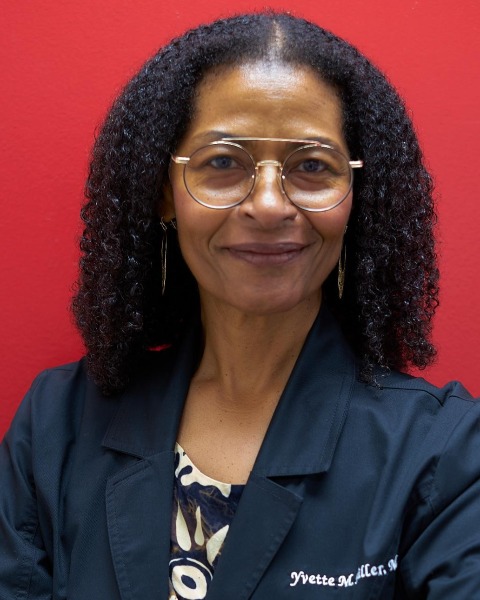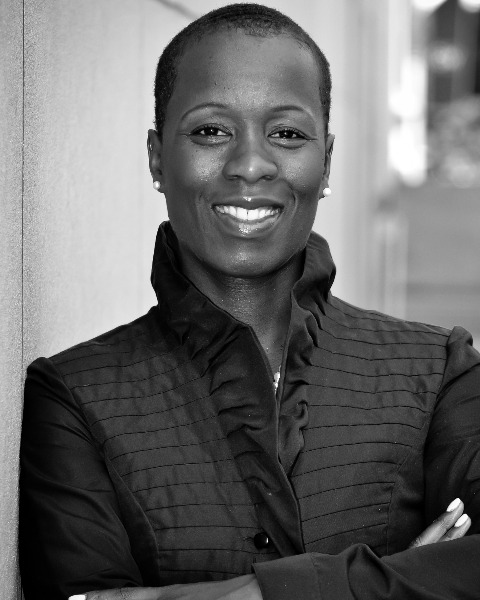Blood Center/Blood Hospital-Based Donor Center
Cross-cultural Conversations: Our Words and Interactions Have Power
-

Yvette Miller, MD, ABIHM (she/her/hers)
Executive Medical Officer
American Red Cross
cornelius, North Carolina, United StatesDisclosure(s): No financial relationships to disclose
-

Yvette Miller, MD, ABIHM (she/her/hers)
Executive Medical Officer
American Red Cross
cornelius, North Carolina, United StatesDisclosure(s): No financial relationships to disclose
-

Tamara Henry, Ed.D (she/her/hers)
Teaching Associate Professor
The George Washington University, Milken Institute School of Public Health, District of Columbia, United StatesDisclosure(s): No financial relationships to disclose
Program Chair(s)
Speaker(s)
Session Desription: Interfacing with diverse communities requires understanding of cultural norms unique to each community. It is still common to hear conversations regarding the objective of moving toward a "colorblind" or "culturally blind" world. This approach of ignoring the uniqueness of diverse communities and their many contributions to society is experienced as discriminatory and causes harm. With the intent to diversify the blood donor pool, promote community engagement and cross-cultural interaction, we cannot bypass the complexities of intercultural conversation. Understanding and examining our own biases is the first step. As we build interpersonal and community relationships, we are likely to first encounter mistrust and suspicion. Working through this difficulty rather than attempting to bypass it starts with learning about the community of focus. This work requires interpersonal interaction lead by curiosity and compassion.
Implicit (unconscious) bias is described as attitudes or stereotypes that affect our understanding, views and decisions in an unconscious manner. These biases, which can be positive or negative, are activated involuntarily and without awareness or intentional control. Implicit biases develop early in life from reinforcement of social stereotypes. Everyone is affected by implicit bias. Tools have been developed, such as the Harvard Implicit Association Test (IAT) and the Implicit Association Test by Project Implicit, which measure unconscious biases. We encourage participants to take the IAT of your choice. In this highly interactive session, participants will learn about IATs and their positive attributes and limitations associated, how to lead with curiosity, practice trust building scenarios, and experience cross-cultural conversations.
Learning Objectives:
- Explain the importance of knowing your own cultural biases.
- Discuss why ignoring the uniqueness of diverse communities and their contributions to society can be experienced as discriminatory and causes harm.
- Review 2 techniques for building trust with diverse communities.
- Describe the importance of learning about the diverse communities that have become the focus of recruitment and engagement.
